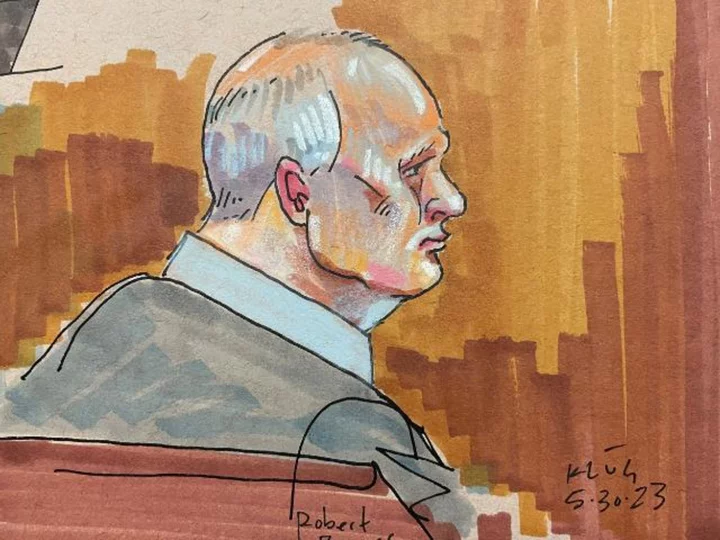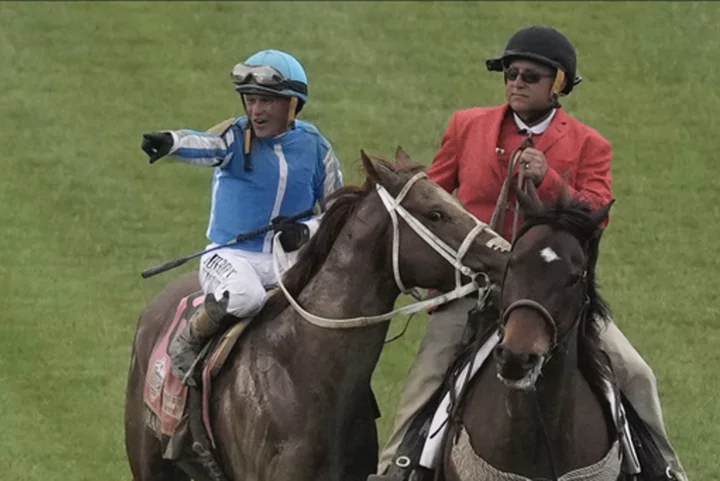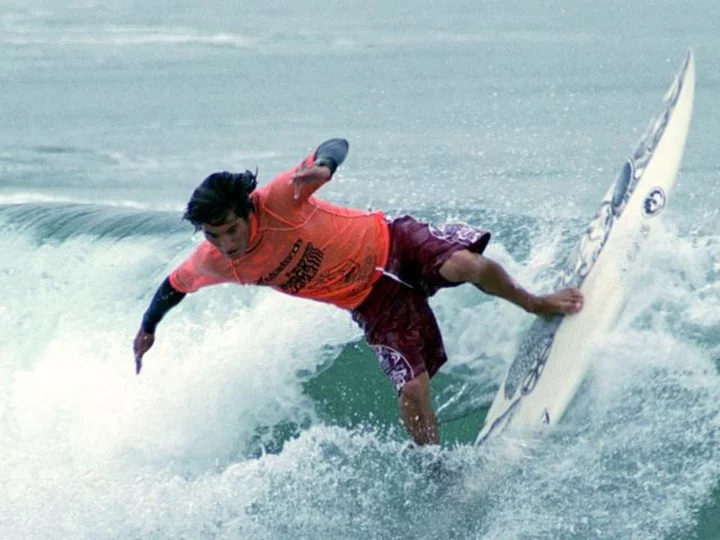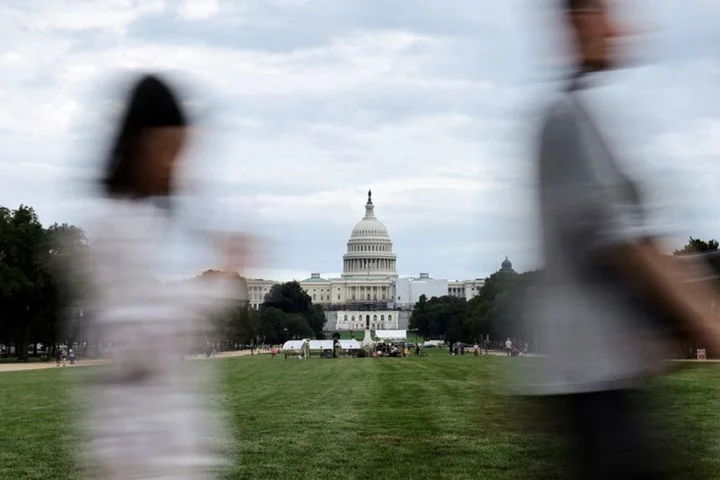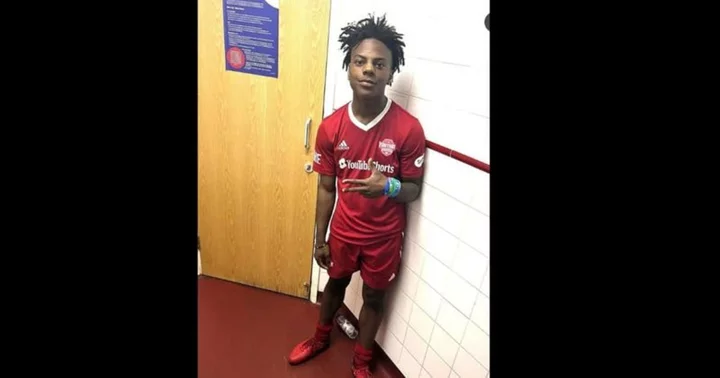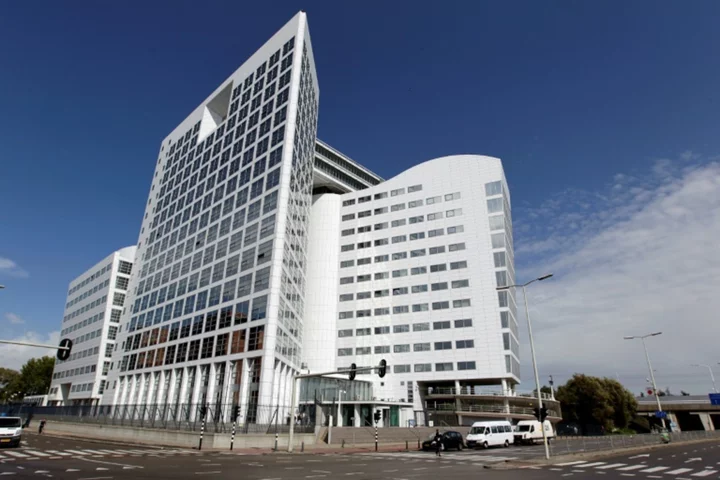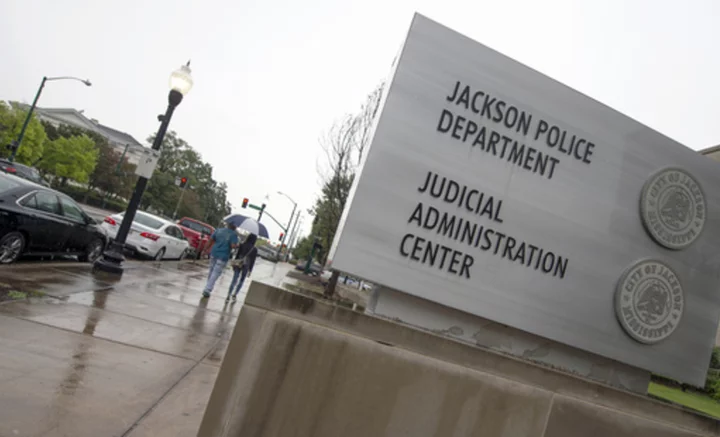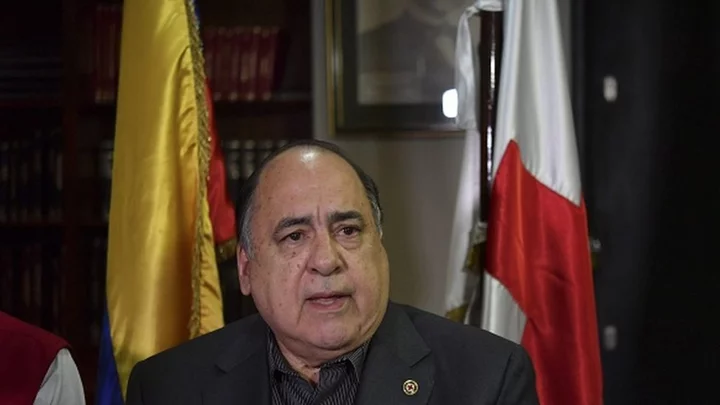Federal prosecutors are planning to rest their case Wednesday afternoon in the death penalty trial of the gunman who killed 11 people at a Pittsburgh synagogue in 2018.
Robert Bowers, 50, has pleaded not guilty to 63 charges, including obstruction of free exercise of religious beliefs resulting in death and hate crimes resulting in death. If convicted of any of the capital charges, the trial will move to a separate penalty phase, in which the same jury will listen to further evidence and decide whether to sentence him to death.
Prosecutors argued Bowers carried out the shooting at the Tree of Life synagogue because of his hatred for Jewish people, citing a series of antisemitic comments before, during and after the mass shooting, online and in person. More than 50 witnesses testified over three weeks, including survivors of the attack, law enforcement officers who engaged in a shootout with the gunman, and medical, firearms and computer experts.
"I did this myself," the shooter told responding officers, according to Stephen Mescan, a SWAT operator and tactical commander.
The gunman stated matter-of-factly, "All Jews had to die," another officer testified.
In addition, jurors were shown photos of bullet holes and bloodstains and listened to harrowing 911 calls from some of the victims and survivors as they hid from the gunman. Prosecutors in particular showed the jury a photo of a Jewish prayer book damaged with a bullet hole that Tree of Life Rabbi Jeffrey Myers said he planned to keep for posterity.
"It's a witness to the horror of the day," Myers testified. "One day when I'm not there, this book tells a story that needs to be told."
One of the prosecution's final witnesses, FBI special agent Brian Collins, provided a thorough timeline of the attack, which began just after 9:50 a.m. on Saturday, October 27, 2018. The first 911 call came in at 9:54 a.m., police engaged in a shootout at 10:01 a.m., a SWAT team fired at him at 10:53 a.m., and Bowers was taken into custody at 11:13 a.m.
Defense attorney Judy Clarke in opening statements did not deny Bowers was responsible for the attack but sought to raise questions about his intent and motivation. The defense has not cross-examined most witnesses and is not expected to call many or even any witnesses.
How the attack unfolded
The charges stem from the mass shooting in which Bowers stormed into the Tree of Life synagogue in Pittsburgh's Squirrel Hill neighborhood. On the day of the shooting, the synagogue was hosting three congregations, Tree of Life, Dor Hadash and New Light, for weekly Shabbat services.
Armed with three handguns and an AR-15 rifle, he shot out a large window near the entrance to the synagogue and then opened fire on congregants, according to testimony. He was shot multiple times by police and ultimately surrendered and was taken into custody.
The mass shooting left 11 people dead and six wounded, including four police officers who responded to the scene. Among the dead were a 97-year-old great-grandmother, an 87-year-old accountant and a couple who were married at the synagogue more than 60 years earlier.
For years before the shooting, Bowers posted attacks on immigrants and Jewish people on Gab, a small social media platform then used by far-right extremists. He particularly criticized migrants as "invaders" and repeatedly disparaged the Hebrew Immigrant Aid Society, a non-profit providing support to refugees.
Minutes before storming inside the building, Bowers logged onto Gab and wrote, "I can't sit by and watch my people get slaughtered. Screw your optics, I'm going in," according to testimony. He also made antisemitic comments during the shooting and while receiving medical care indicated his desire to "kill Jews," several first responders testified.
The mass shooting is part of a broader rise in antisemitism in recent years.
This is only the second federal death penalty case to be prosecuted under the Biden administration. In the first case, the terrorist who drove a U-Haul truck into cyclists and pedestrians on a New York City bike path was sentenced to life in prison after the jury failed to reach a unanimous decision for death.
At the same time, the Biden administration has put a moratorium on federal executions. Under the Trump administration, 13 death row inmates were executed over a six-month period from July 2020 to January 2021. Previously, there had been no federal executions in nearly two decades.

